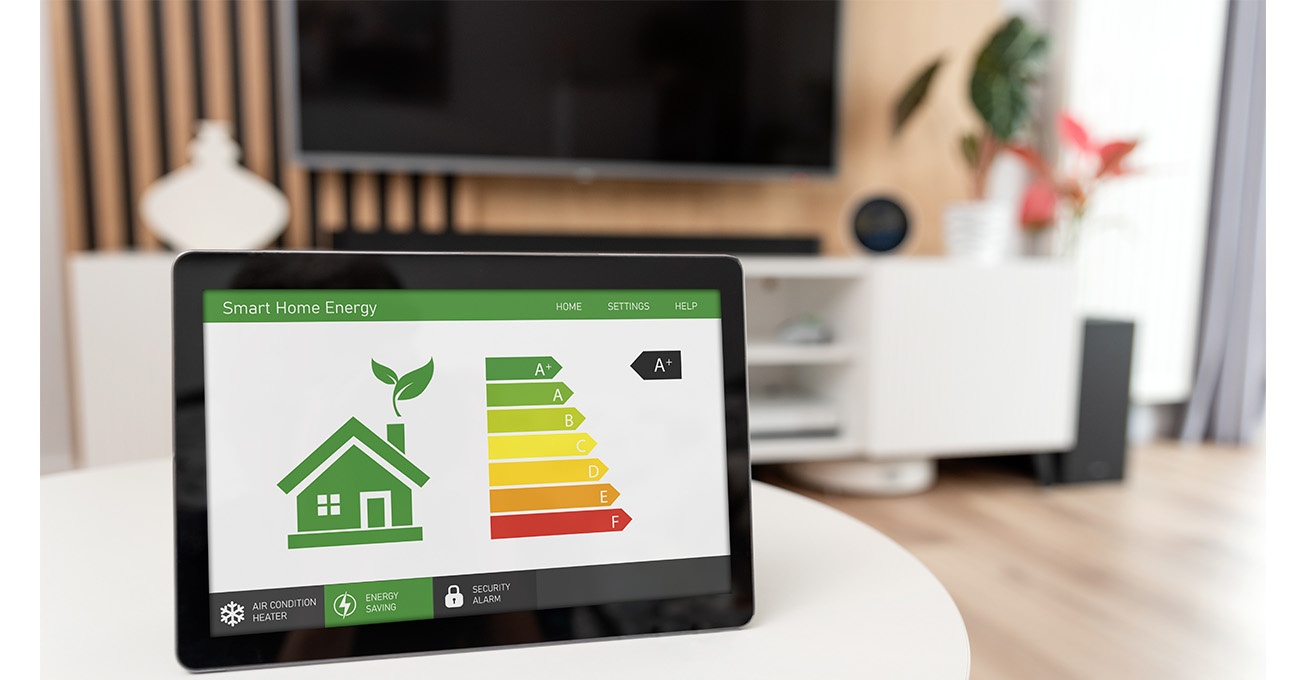 Interestingly, it was revealed that hard-pressed families in the UK saved a little more year-on-year in 2018, against the backdrop of Brexit and contracting growth in the national economy.
Interestingly, it was revealed that hard-pressed families in the UK saved a little more year-on-year in 2018, against the backdrop of Brexit and contracting growth in the national economy.
In fact, the average British household saved around £103 per month last year, with this number up by £10 on 2017’s figures.
However, the survey also showed that only half of all UK households have any spare cash left over at the end of each month, once they’ve paid all of their bills and debts.
The issue here is clear, as whilst savers are increasingly inclined to save and manage their money effectively, they’re being constrained by economic conditions and strategies being adopted by lenders and banks across the board.
This is at least positive from the perspective of intent, as households are keen to make the most of their disposable income and (where possible) work with wealth management experts to improve their circumstances.
What About the Midlands?
The headline figures are not only interesting, but they also mask considerable differences in regional areas nationwide.
For example, Londoners were able to save the most money each month, with an average of £240 committed to savings during each four-month period. At the same time, homes in Yorkshire and Humberside produced the biggest increase in savings, with the average monthly amount up by £97 per month.
But what about the Midlands, we hear you ask? Well, households in the West Midlands performed relatively well, saving between £100 and £119 in total each and every month. This contrasted sharply with the extremes experienced elsewhere in the country, as the West Midlands continues to benefit from a diverse and relatively robust economy.
However, the East Midlands saw a significant decline in the amount saved by households, as this number dropped dramatically by £135 in just 12 months. This left them at the lowest end of the spectrum, and only able to save less than £60 during each four-week period.
These are worrying numbers, but it’s important to note that households are generally saving than they more back in 2017. It’s also encouraging to see that homes are more willing to save, even if they’re being held back by a contracted economy.






